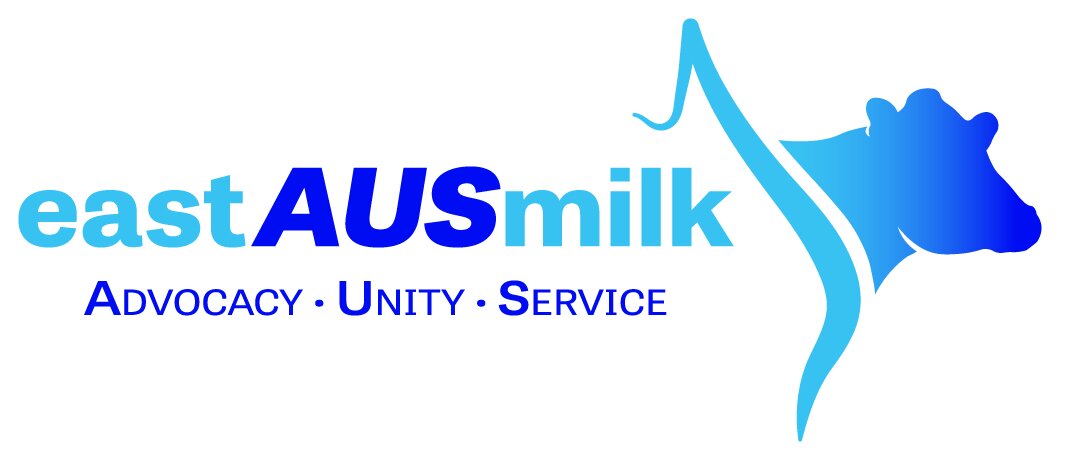Gladigau unapologetic but learnt his lesson
The Australian Dairy Farmers president says he has learnt his lesson after commenting on his fellow board members in the press and on social media, but is not apologising.
Rick Gladigau, who has been on the national dairy advocacy board since 2019 and has only just become president, told The Weekly Times that, "If you think you're going to change the world by getting on to the board, (then) you haven't been on a board before.".
The comment was apparently in reference to the two farmers elected to the ADF board a week ago on a change agenda, Ben Bennett and Heath Cook.
Mr Gladigau then took to social media to double down but, after a backlash, took a slightly different approach when asked what he had meant by the comments in an interview on Friday.
"We do have different opinions as directors, but we can work collaboratively to turn things for the better and, across the industry we need to be collaborative, to be able to achieve doables," Mr Gladigau said.
"So, I basically say my public comments over the new ADF board have probably been taken out of context and probably taken the wrong way to what it says, which is the way that it looks and I've learnt my lesson, it's not going to happen again."
Mr Gladigau would not say what the correct context or interpretation would have been, other than to repeat the importance of working collaboratively.
Asked if he meant others were not working as collaboratively as they should, Mr Gladigau said, "I'm not saying that at all.".
He also said he was not trying to walk back the comment, only that it had been misconstrued.
Regarding any need for change, Mr Gladigau said, "I've been around a long time, but there's plenty that we're doing and we do a lot right."
The structure of dairy advocacy was on the agenda, which he said "wasn't going away", although there "won't be instant change".
Mr Gladigau said ADF's new three-year strategic plan dealt with priorities like climate policy, labour challenges and the importance of dairy in the diet.
The advocacy body was also prepared for the upcoming federal election.
Still, he could not say what ADF would lobby for ahead of the election, other than that there needed to be "recognition" of both the dairy industry's efforts on climate and the role of dairy foods in health, as well as action on labour shortages.
"Everyone's looking for skilled labour and a skilled workforce, so it's training people as well," Mr Gladigau said.
"And some people talk to me about how they need housing, that sort of stuff in regional areas. Obviously, the government isn't going to supply housing, but how do we make it all work?"
Mr Gladigau refused to answer his own question or give any details about what "recognition" meant when it came to the role of dairy foods.
After saying it was important dairy was included in the diets of elderly people in aged care facilities, Mr Gladigau would not say how that would be achieved or if it should be mandated by governments.
The form of that dietary recognition and the recognition of dairy's climate initiatives would only become clear when ADF released its policies, he said.
It was, however, only a "possibility" those policies outlined in the strategy document would become public.
What is certain, though, is that Mr Gladigau is opposed to releasing the directors' election results.
He said last year's results were only made public due to difficulties with the online voting process and this year's candidates had not been asked for their permission.
One of those candidates was Victorian dairy farmer and former ADF director, John Versteden, who was unsuccessful in this election.
Mr Versteden said he had not been told how many votes he had secured, despite separately asking the ADF president, chief executive and a director.
"I don't see why you wouldn't release the votes," Mr Versteden said.
"If you put your hat in the public arena, you have to deal with the results, whether they go your way or not."
Mr Versteden said the secrecy surrounding the election outcomes was "disrespectful to the process".
He also called for greater transparency when it came to proxies, which he said allowed two or three people to effectively control half the votes cast.
"Grass roots farmers have been asking for more transparency; let's give it to them," he said.
Source: Marian Macdonald, Farmonline National, 6 December 2021

